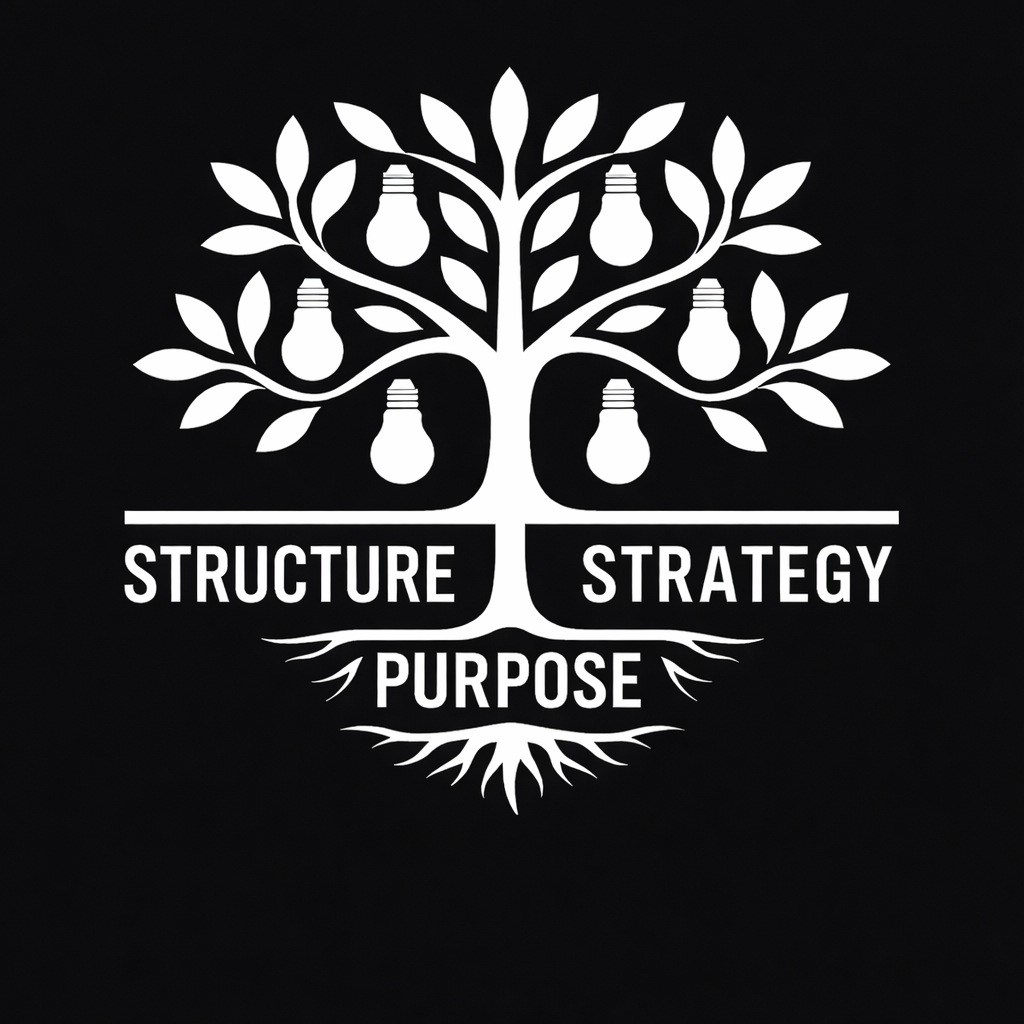
Why Meetings Matter More Than You Think
There is no shortage of workplace conversations about meetings. Many employees describe them as meaningless interruptions that take time away from what they consider real work. To be honest, there were times I felt the same way.
But it is not just employees who feel that way.
Managers also tend to avoid meetings. Some dread them, others view them as unnecessary, and many approach them with reluctance. Meetings are often seen as opportunities for finger-pointing, endless complaints, or the uncomfortable spotlight of accountability. As a result, some managers delay them, run them with little enthusiasm, or skip them entirely, simply to say they were done.
However, in organizations where dysfunction runs deep, meetings are not optional. They are essential.
Meetings bring structure to chaos. They clarify expectations. They reveal patterns that remain hidden without open discussion. In workplaces where communication is fractured and accountability is weak, skipping meetings is like trying to repair a car without ever lifting the hood. It is impossible to fix what you are unwilling to examine.
Why Some Managers Avoid Meetings
There are several reasons managers resist meetings, and most are rooted in faulty thinking or a fear of discomfort:
- They believe employees will improve naturally over time through informal conversations, so there is no need for formal gatherings.
- They fear being exposed. Meetings may reveal gaps in leadership, and rather than face those truths, they prefer to avoid them.
- They assume that roles and expectations are already clear and do not need reinforcement.
- They lack the skills to run focused, purposeful meetings and have never been trained to facilitate one well.
- They avoid conflict. Rather than address difficult topics, they sidestep them altogether.
- They have grown used to dysfunction. Over time, disorganization and confusion begin to feel normal. As long as things appear to be moving, they convince themselves that everything is fine, even if the direction is completely wrong.
Why Employees Often Disengage from Meetings
Employees are not immune to the frustration either. When meetings are poorly handled, they begin to feel pointless. Here is why many staff members view them as a waste of time:
- Meetings lack depth. Instead of addressing real issues, participants receive vague updates with no clear direction.
- Accountability is missing. Decisions are made, but they are not enforced. People continue to do whatever they choose, without consequence.
- Dysfunction is normalized. Employees stop expecting change and start accepting poor systems as permanent.
- Discussions wander. With no one guiding the conversation, meetings veer off topic and lose momentum.
- Participation is passive. Rather than being invited into the conversation, staff members are talked at. There is no room for meaningful engagement.
- Like their managers, employees sometimes stop hoping for anything different. Survival becomes the goal. Movement is mistaken for progress.
What Effective Meetings Actually Provide
Despite the bad reputation meetings have earned, well-structured gatherings can be transformative, especially in systems that lack order.
When done properly, meetings do the following:
- They reinforce purpose. Even a short briefing can remind staff what the organization stands for and where it is headed.
- They boost morale. Consistent, intentional meetings show employees they are valued, and that their work matters.
- They create space for collaboration. A good meeting allows people to set goals together, align their efforts, and share responsibility for results.
- They encourage learning. Reviews and debriefs give teams a chance to reflect on what went wrong and make improvements for the future.
- They reduce miscommunication. Speaking face-to-face, or even over a screen, closes gaps that emails and memos often leave wide open.
- They build momentum. With a clear agenda, action steps, and follow-up, teams are more likely to move forward with purpose.
Final Thought
Meetings do not have to be long or tedious, and they should never feel like punishment. However, they must be intentional and when managed well, meetings become mirrors, reflecting what is working and what is not. More importantly, they can serve as engines of progress, helping to move a struggling organization toward clarity and growth. A meeting is not just a calendar entry. It is a leadership tool. And when leadership fails to use the tools available, no one should be surprised when the structure begins to collapse.
